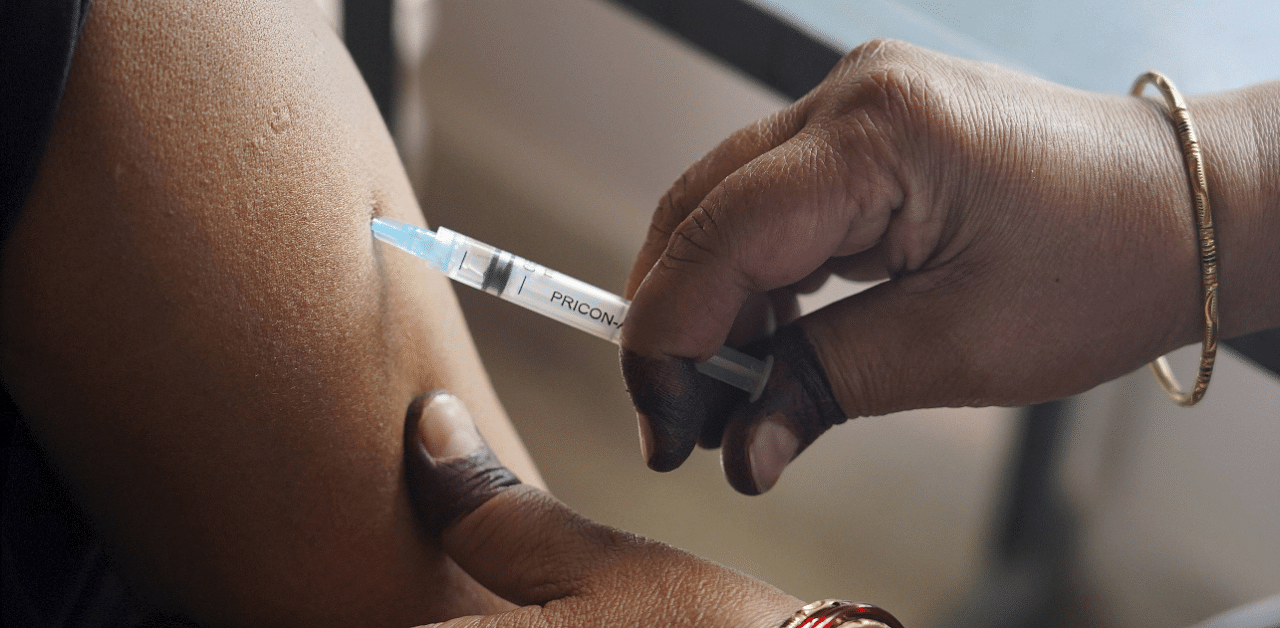
To ramp up its fight against Covid-19, the Centre is widening its vaccination drive to include everyone aged above 18 years of age. In the fourth phase of what is claimed to be the biggest vaccination drive in the world, the government has brought about many changes.
Here's all you need to know.
How will procurement change?
When vaccination began in January for the healthcare and frontline workers and subsequently for senior citizens and those above 45 years of age, the government procured all vaccines produced by Serum Institute of India and Bharat Biotech to give to states. Government facilities administered these vaccines for free while private hospitals charged Rs 250 per dose.
However, from May 1, there will be two groups for supply — 50 per cent will be from the Centre and the other 50 per cent will be available in the open market. State governments and private hospitals can procure vaccines directly from manufacturers in the second group.
Changes to distribution
Vaccine doses procured from the open market will be used to inoculate those aged above 18 years of age. Meanwhile, the vaccine doses provided by the Centre will be available free of cost to vaccinate healthcare and frontline workers and those above 45 years of age.
What will the cost of vaccination at private facilities be?
Since the doses will be made available directly, private hospitals will decide their own rates for the shots.
In the initial phases of vaccination, private facilities were paid Rs 100 by the government for every Rs 250 they charged the beneficiary. The procurement is now likely to cost much more, which is why the price is expected to be higher. But the government has assured that the price will be monitored.
How will the Centre decide the number of vaccines to different states?
The government will look at the extent of Covid-19 active cases and speed of vaccination, and decide the number of doses accordingly. Till now, the governments had been getting vaccines based on the number of registrations and walk-in vaccinations. This is to focus on low wastage of doses.
After May 1, will the government prioritise those who are due their second dose?
Yes, the government has said that the second dose to all existing priority groups will be given preference, and they will be kept in the loop.